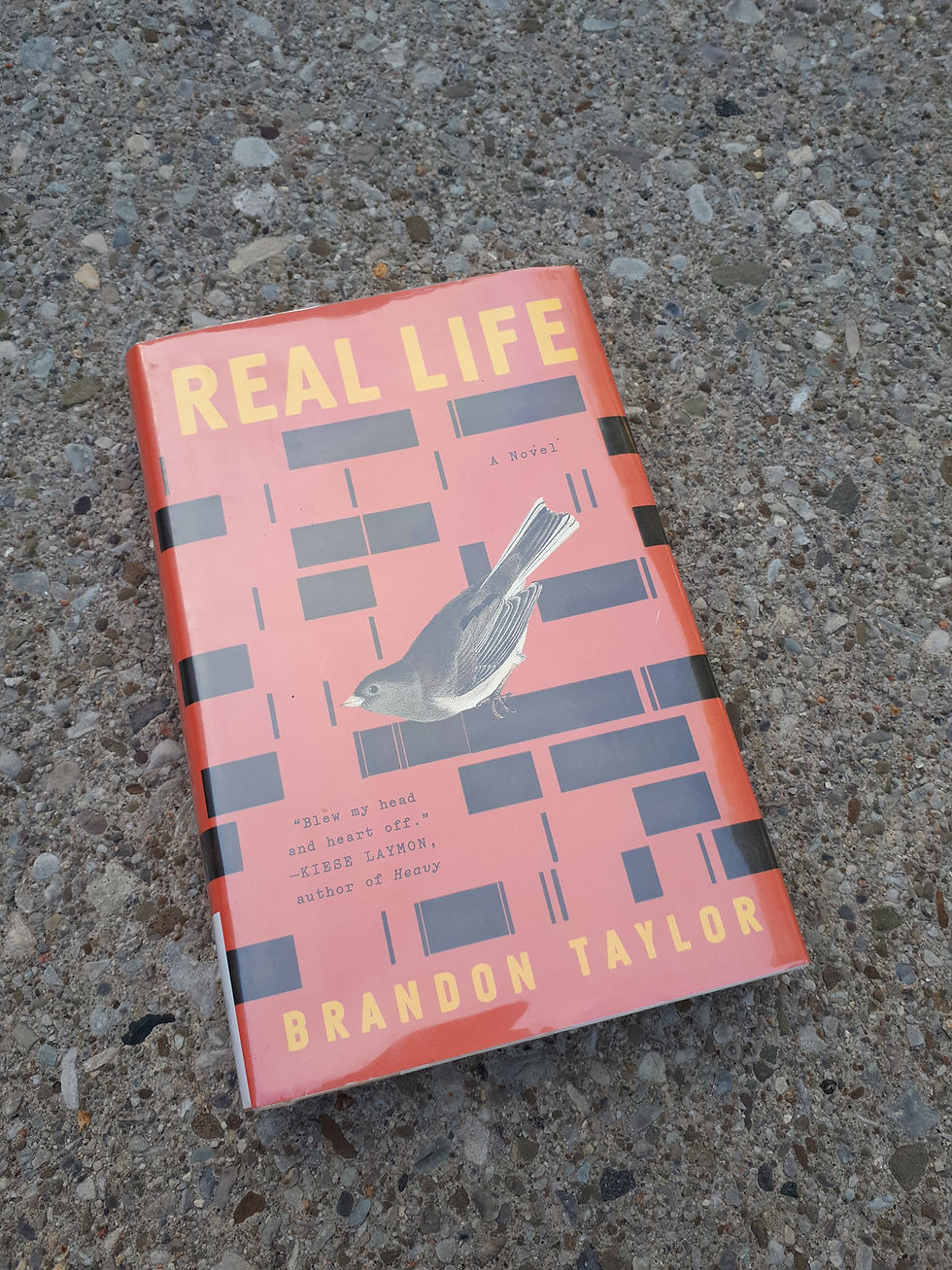New Ideas: Dismantling White Supremacy Culture in Schools Conference
- Riisa Walden

- Aug 16, 2022
- 3 min read
I was excited to see another workshop (along with ours) focused on affinity groups running as part of this year’s Dismantling White Supremacy Culture in Schools Conference. Although I wasn’t able to join the session live, I couldn’t wait to watch the recording shared by the presenters.
The session “My People: A Framework for Designing and Implementing Student Affinity Groups” was presented by Maureen (Mo) Yusuf-Morales and Amina Mohamed, two educators from Brooklyn, New York. Their school offers an extensive program of affinity groups for students, and I enjoyed hearing about how they got this running, how their program works, and what they’ve learned along the way.
I also came away with two valuable ideas from their workshop that showed me new approaches to addressing questions Talking Together for Change commonly encounters about affinity groups.
Question 1: What happens if a student isn’t comfortable joining an affinity group if a school makes affinity groups a mandatory part of their programming?
Along with their various affinity group options organized around racial, gender, and religious affinities, sexual orientation, and familiy structure, Mo Yusuf-Morales and Amina Mohamed said that their school offers what they call a “Non Affinity Space: Identity Explorations Group”. This space is designed for students who are nervous about joining an affinity group or aren’t sure which affinity group is right for them.
In this non affinity space, that runs at the same time as the other groups, students have conversations about diversity, equity, and inclusion and explore various aspects of their identity. In this way, all students get the chance to do identity development work, whether in an affinity space or not.
Question 2: Is there the chance to have cross conversations amongst affinity groups or do affinity groups share back with the community as a whole?
Affinity groups conversations centre the needs of participants. When we train facilitators, we emphasize that affinity group conversations are confidential and that participants shouldn’t feel any sense of pressure about needing to share what is discussed within their group with their school community.
However, sometimes affinity group work empowers participants in a way that makes them feel comfortable about or eager to share out/back. I’ve often wondered about models or forums that are best suited to ensure that that this experience, if and when it happens, is safe and affirming.
With these priorities in mind, I liked the model that Mo Yusuf-Morales and Amina Mohamed showed their school using for this type of sharing. Their school hosts an end of year town hall using thoughtful prompts that centre student voices and encourage groups to share only what is comfortable form them.
These prompts served to deepen understanding of the needs and work being done by each affinity group, while recognizing that this differs for groups with marginalized as opposed to dominant identities. All groups shared using the prompt “What we want you to know about us / our work this year”. Some groups also shared big themes from their discussions, how they define themselves, and their hopes for the future.
Importantly, Mo Yusuf-Morales and Amina Mohamed highlighted that the purpose of this town hall for affinity groups with dominant identities is focused more on upstander practice, letting other groups know what they are working on that is contributing to a more inclusive school community.
According to the workshop presenters, for affinity groups with marginalized identities, this town hall offers a space where students can “dispel myths and misconceptions” and “voice what they need”. It is a chance for groups to say, “if you are saying you are an ally to this group, this is what we need from you”.





Comments